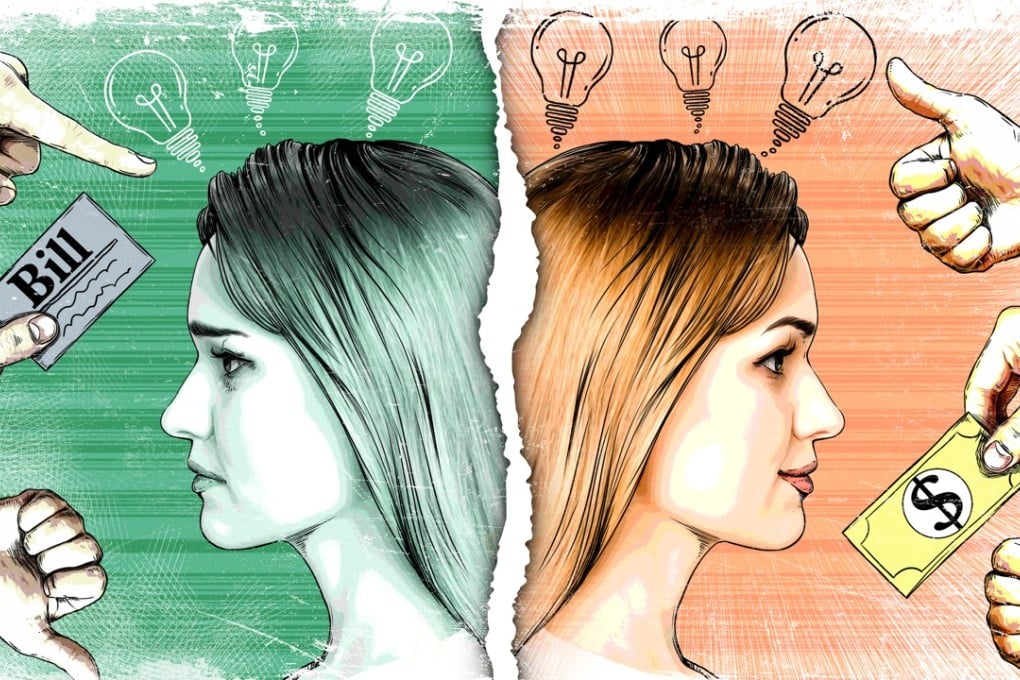ADHD helped these three Asian entrepreneurs succeed through multitasking, hyperfocus and curiosity
Virgin’s Richard Branson and Ikea founder Ingvar Kamprad have two things in common: they both have ADHD and are extremely successful. So do three Asian entrepreneurs, who explain how a perceived disorder has been an asset

Careless, disorganised and easily distracted. That’s how society generally perceives people with attention-deficit/hyperactivity disorder (ADHD). However, research shows that while ADHD is regarded as a disability, the same traits are associated with entrepreneurial success.
Richard Branson says successful entrepreneurs share these five skills
Research led by Professor Johan Wiklund of Syracuse University in New York, based on multiple studies, found that people with ADHD – including the late Ikea founder Ingvar Kamprad, Virgin boss Richard Branson and airline mogul David Neeleman – have a number of advantages in entrepreneurial pursuits.
These include the ability to hyperfocus, high energy levels and impulsiveness. Moreover, they develop a “logic of impulsivity”, or the ability to make decisions quickly with reasoning, the study, released in late 2016, found.

With reference to Wiklund’s study, Jahren, who is based in Oslo, Norway agrees that ADHD symptoms can be an advantage for an entrepreneur.
The hyperfocus ability comes into play when they identify a subject or activity that they find interesting and rewarding. Suddenly there is no stopping them.
“Entrepreneurship requires curiosity, focus, high energy and perseverance. It also takes something called ‘divergent thinking’, or the ability to approach tasks differently to others. Many people with ADHD possess all these traits,” Jahren says, explaining that divergent thinking springs from the hyperfocus ability.
Jahren, who is also the founder of medical technology company Braive, which develops and delivers online programmes for mental skills training and challenges, calls hyperfocus the “hidden treasure” of those with ADHD.